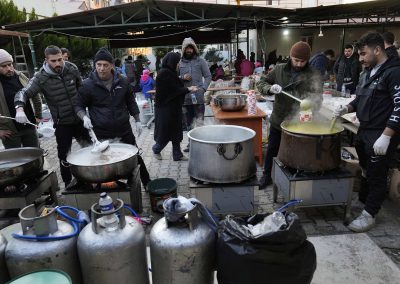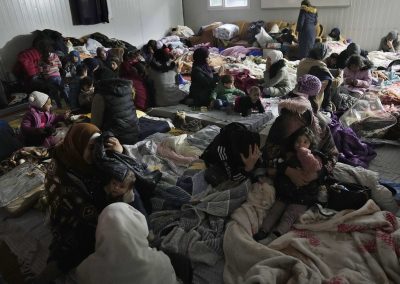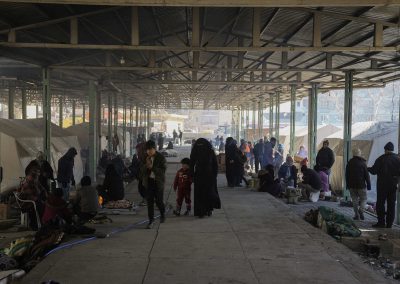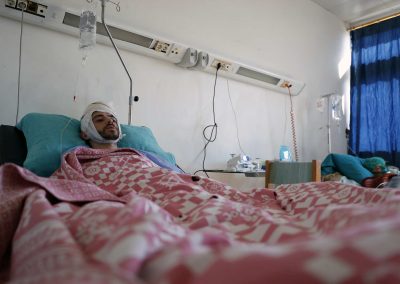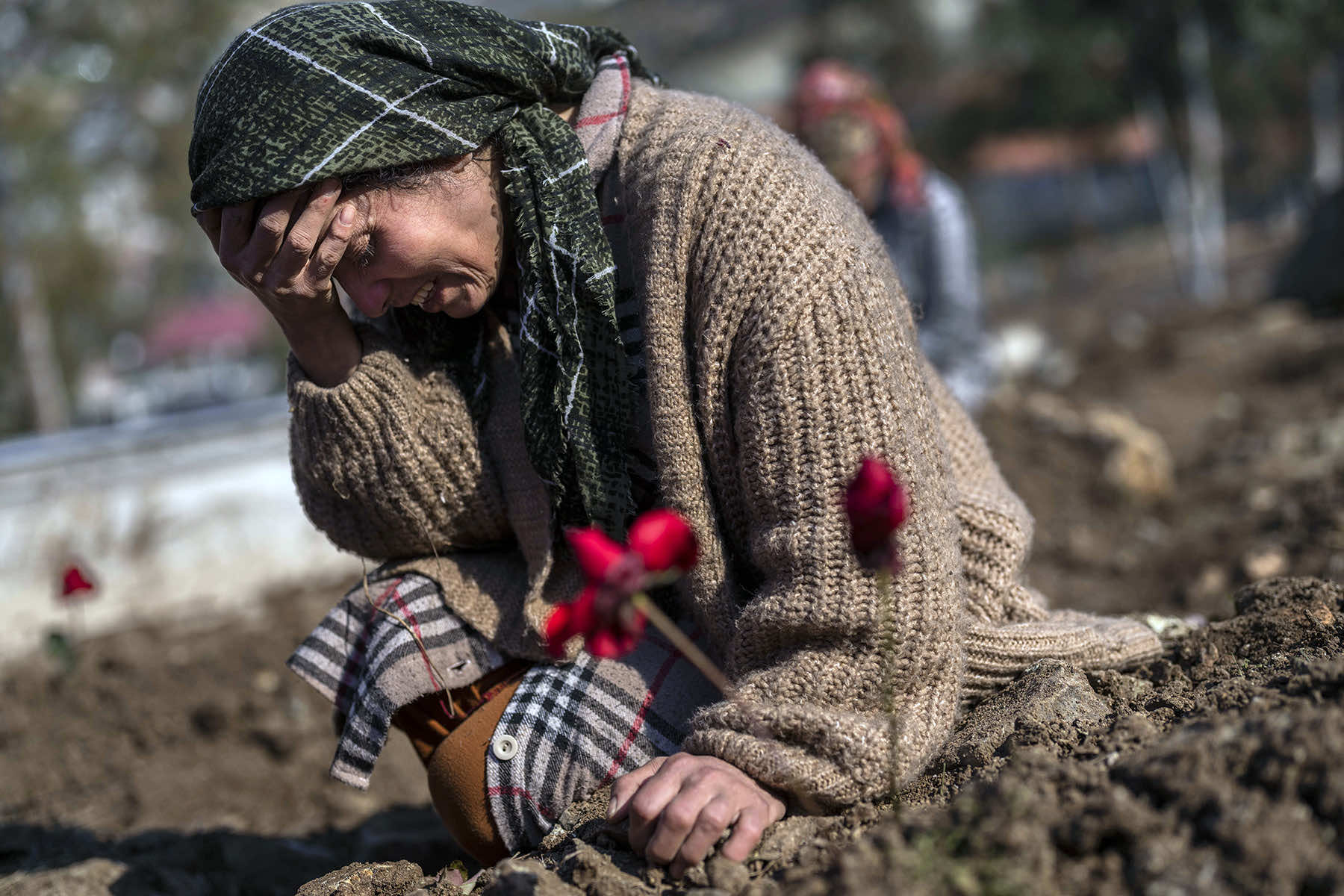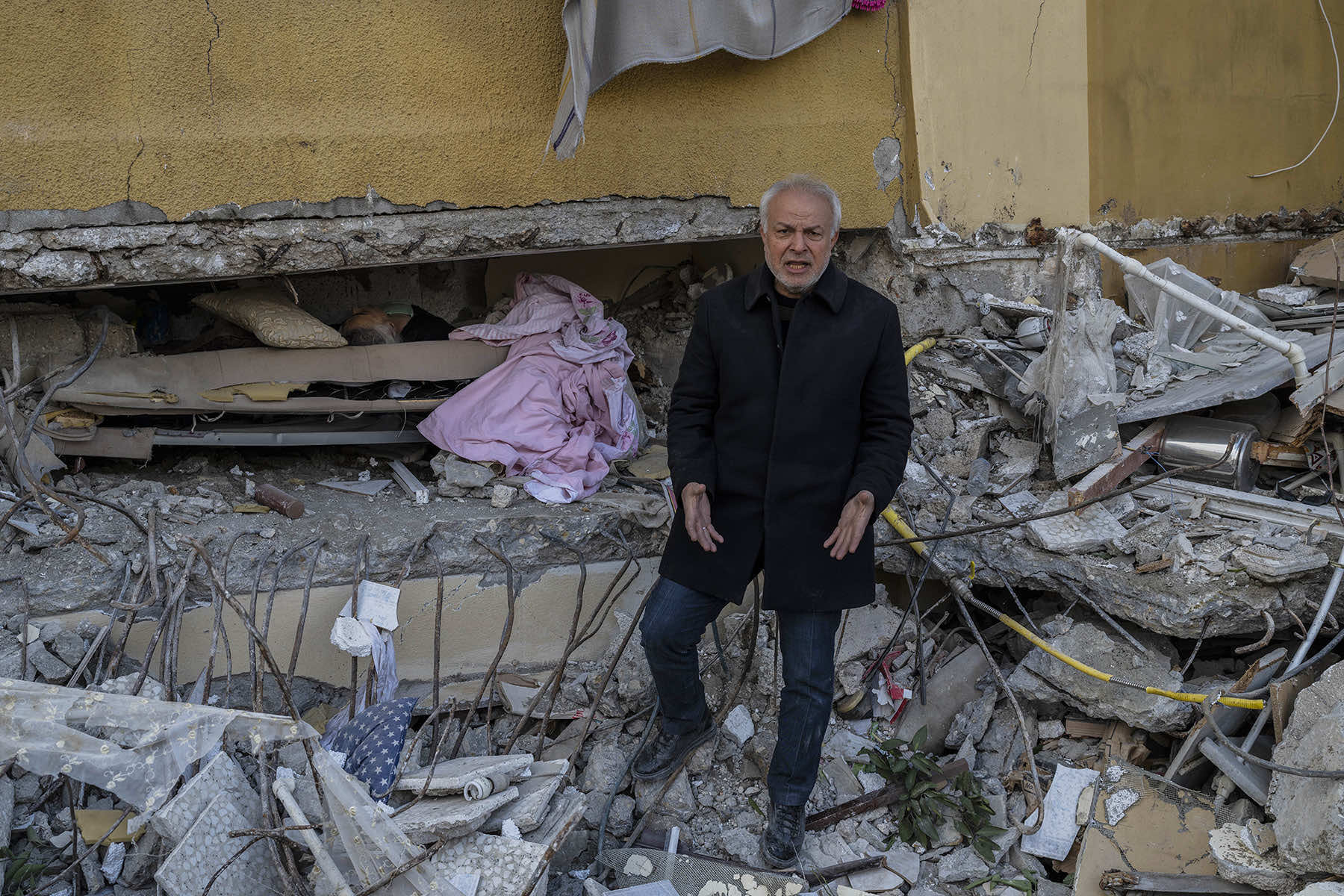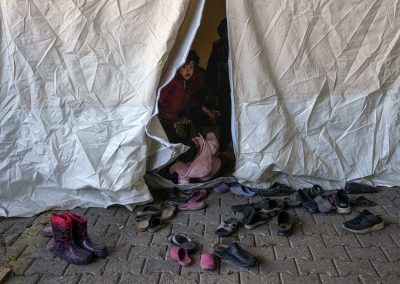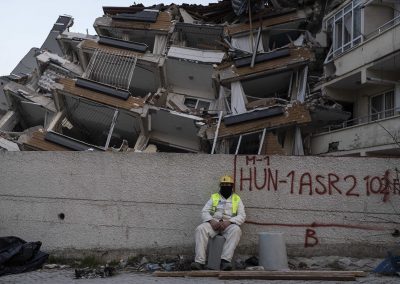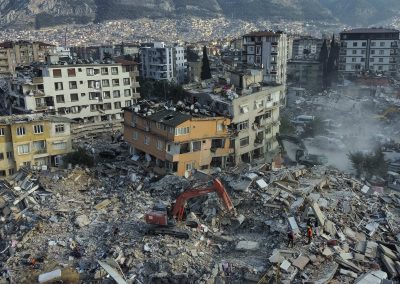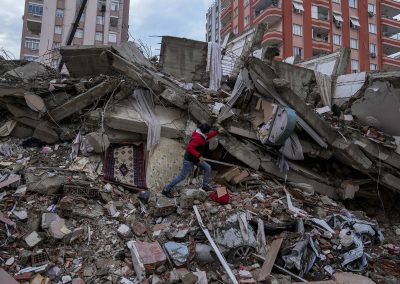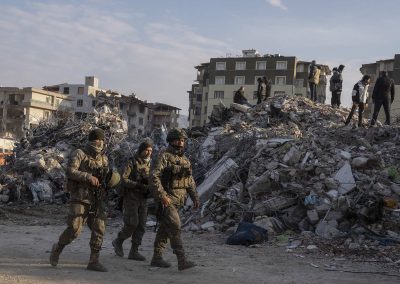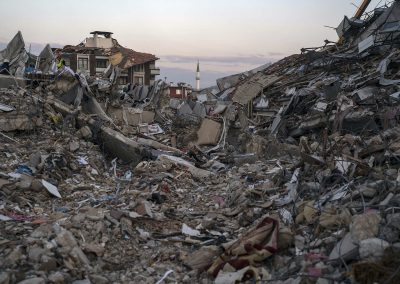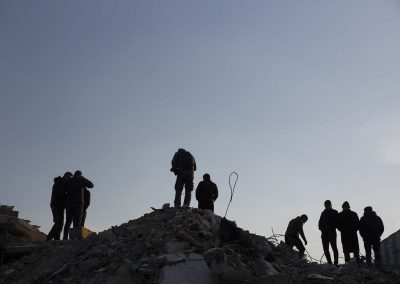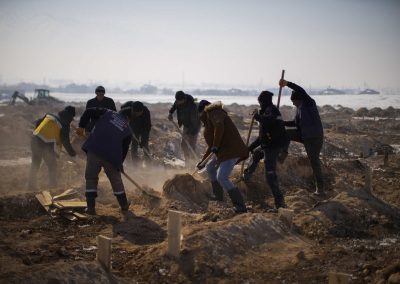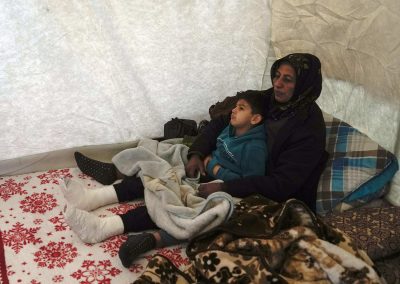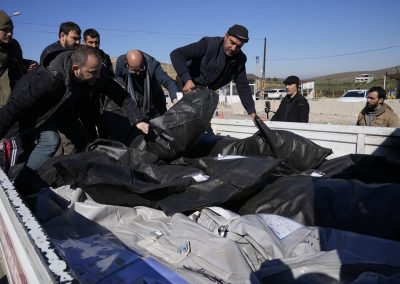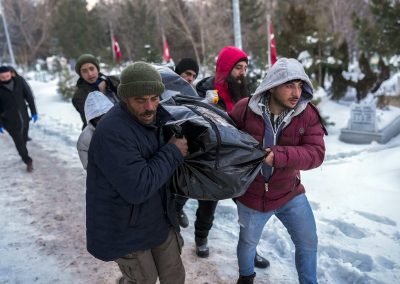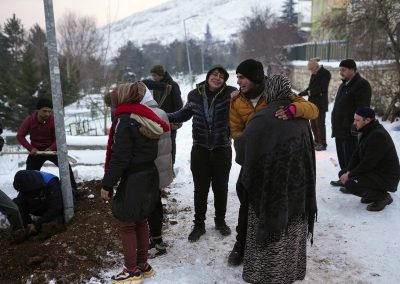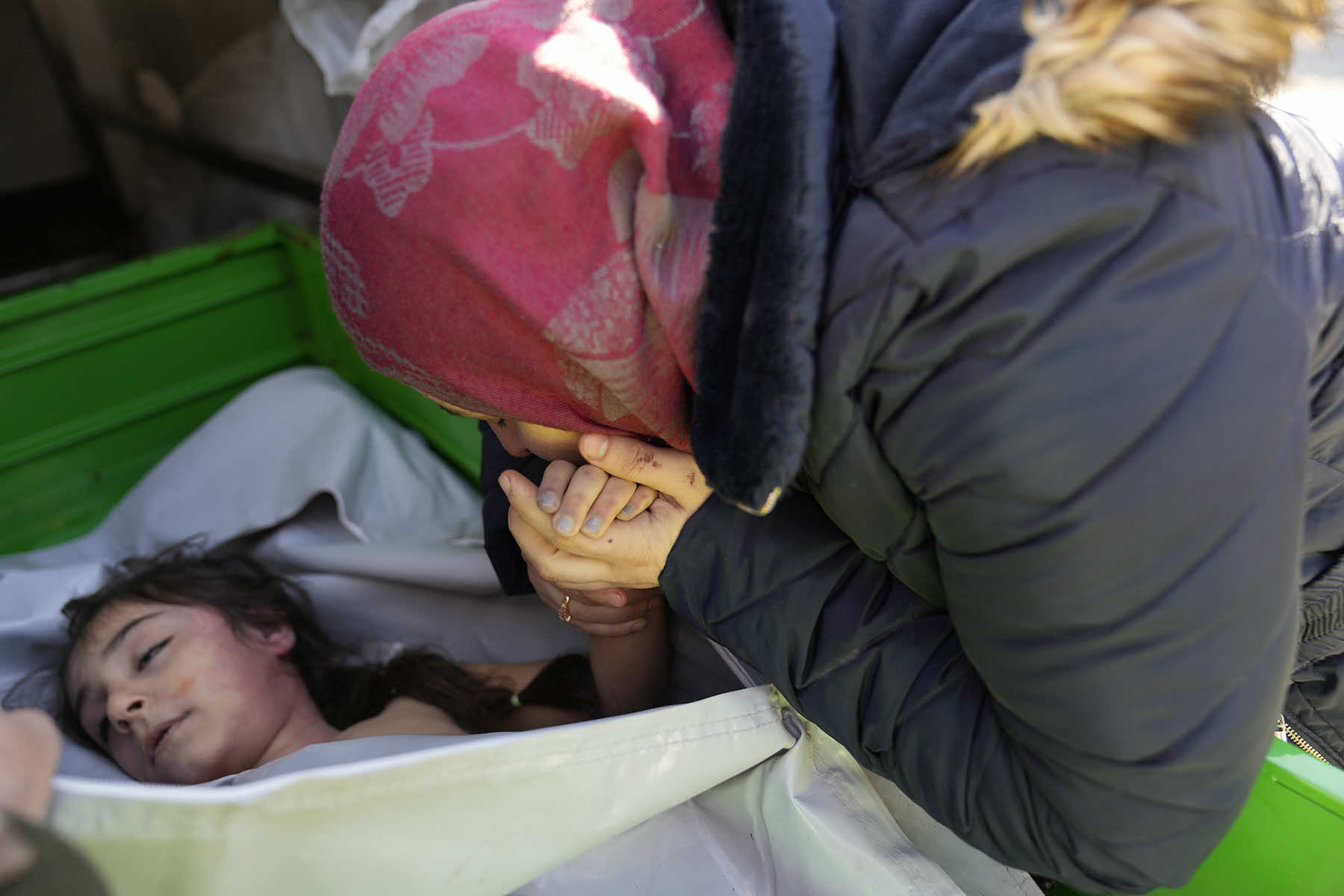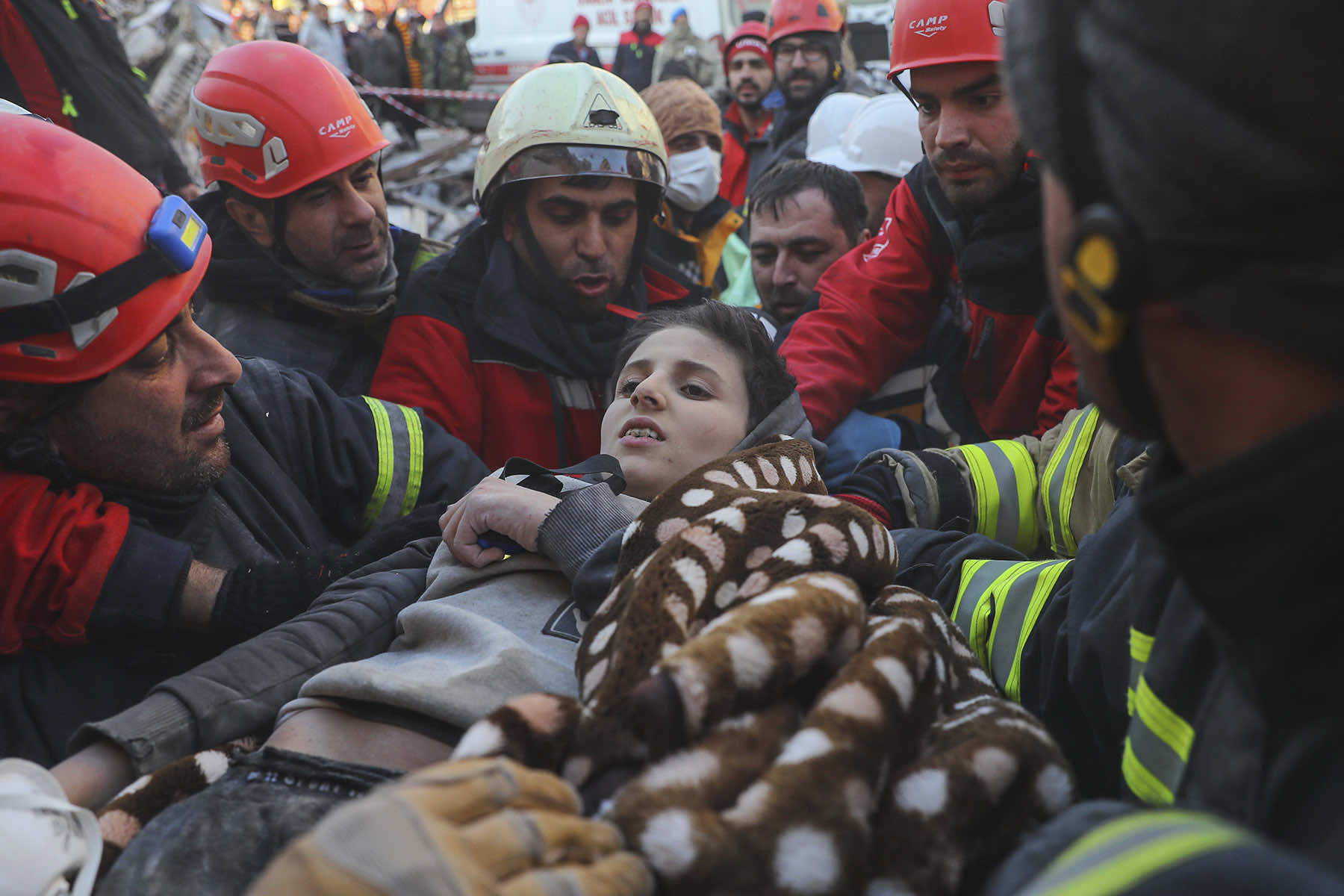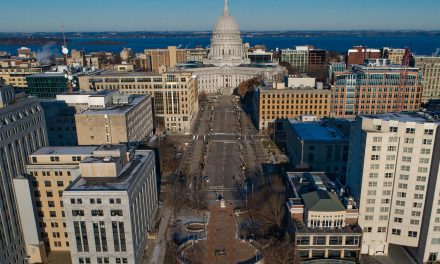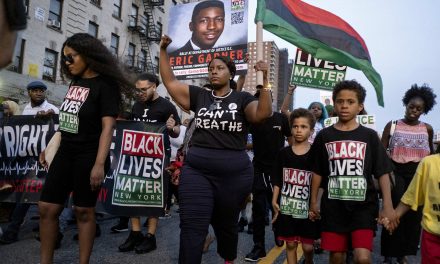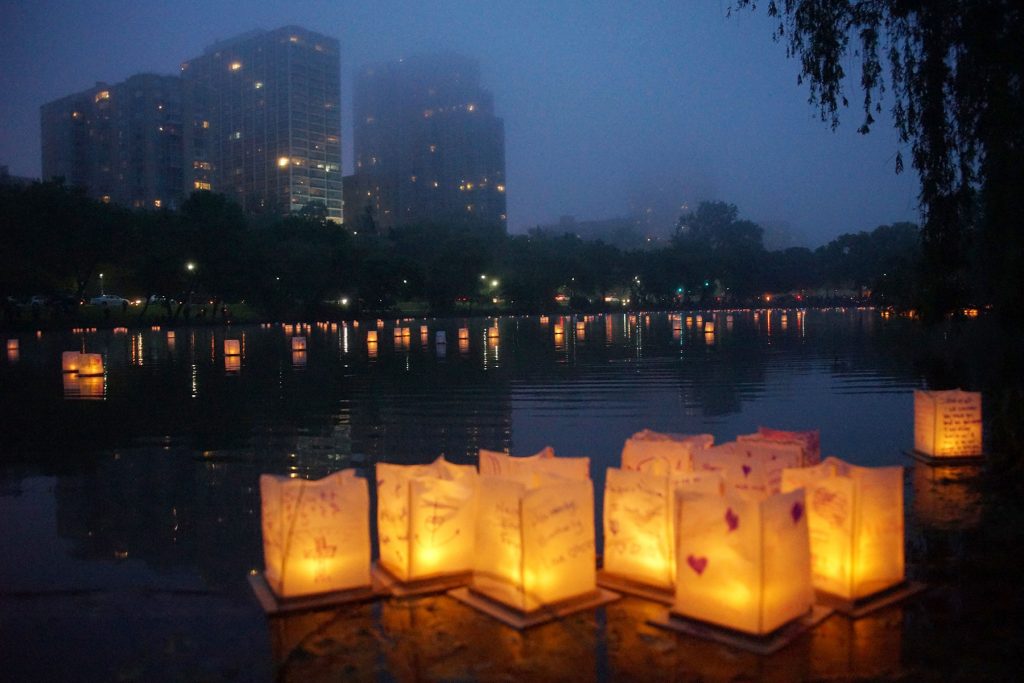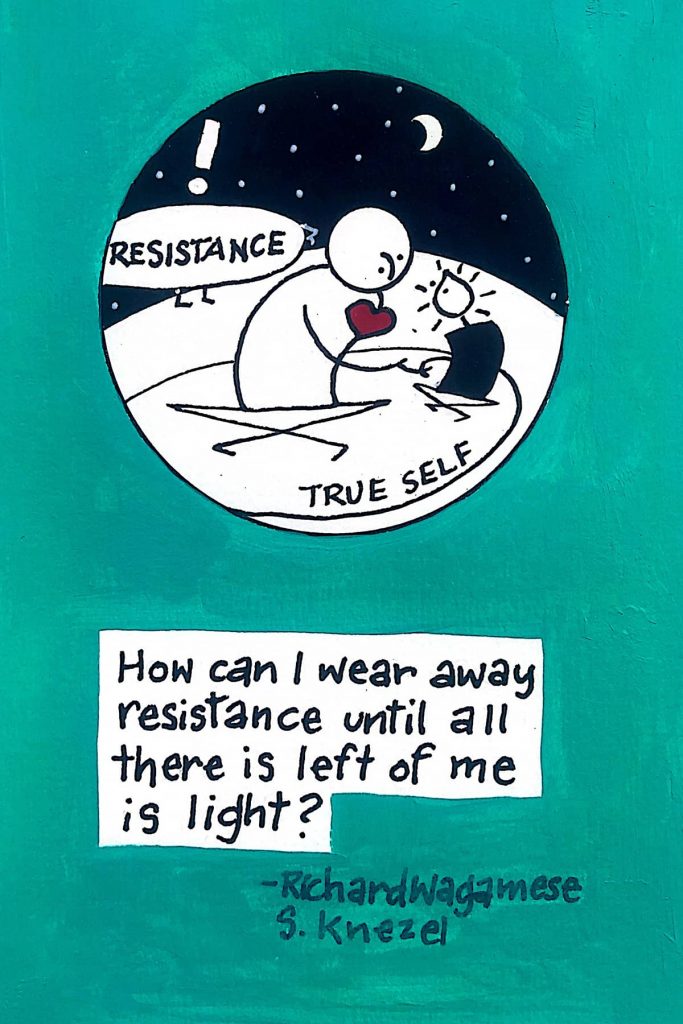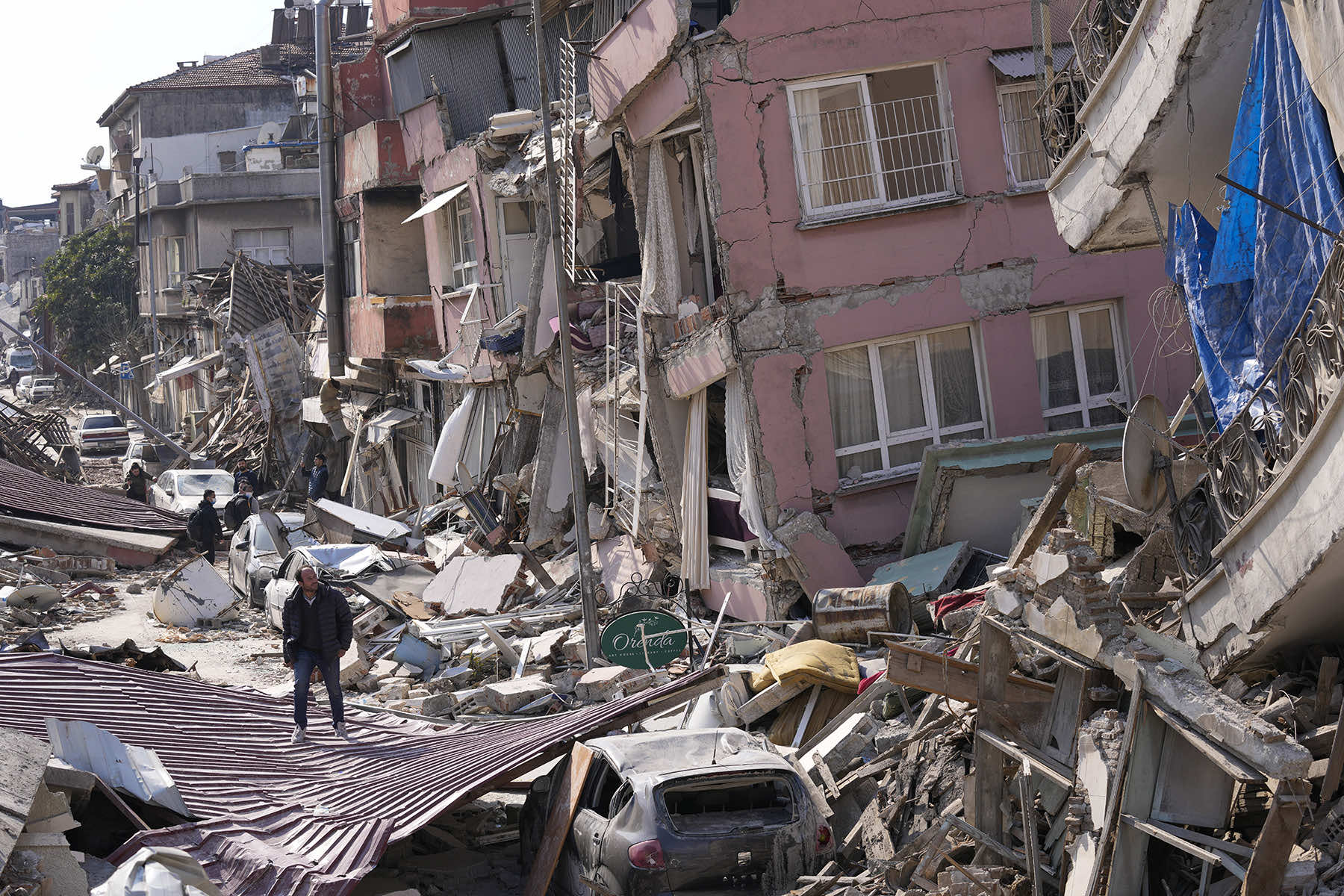
When war broke out in Ukraine, Aydin Sisman’s relatives there fled to the ancient city of Antakya, in a southeastern corner of Türkiye that borders Syria. They may have escaped one disaster, but another found them in their new home.
They were staying with Sisman’s Ukrainian mother-in-law when their building collapsed on February 6 as a 7.8 magnitude earthquake leveled much of Antakya and ravaged the region in what some in Türkiye are calling the disaster of the century.
“We have Ukrainian guests who fled the war, and they are also lying inside. We have had no contact.” said Sisman, whose Turkish father-in-law also was trapped under the rubble of the 10-year-old apartment building.
As rescuers dig through heaps of rubble, Sisman appeared to have lost hope.
Millions of refugees, like Sisman’s relatives, have found a haven in Türkiye, escaping from wars and local conflicts from countries as close as Syria to as far afield as Afghanistan.
There are at least 3.6 million Syrians who have fled their homeland’s war since 2011, arriving in trickles or en masse, sometimes overrunning the border, to seek safety from punishing bombardments, chemical attacks and starvation. Over 300,000 others have come to escape their own conflicts and hardships, according to the United Nations.
For them, the earthquake was just the latest tragedy — one that many are still too shocked to comprehend.
“This is the greatest disaster we have seen, and we have seen a lot,” said Yehia Sayed Ali, 25, a university student whose family moved to Antakya six years ago to escape Syria’s war at its peak.
His mother, two cousins and another relative all died in the earthquake. On February 11, he sat outside his demolished two-story building waiting for rescuers to help him dig out their bodies.
“Not a single Syrian family has not lost a relative, a dear one” in this earthquake, said Ahmad Abu Shaar, who ran a shelter for Syrian refugees in Antakya that is now a pile of rubble.
Abu Shaar said people are searching for loved ones and many have refused to leave Antakya even though the quake has left the city with no inhabitable structures, no electricity, water or heating. Many are sleeping on the streets or in the shadows of broken buildings.
“The people are still living in shock. No one could have imagined this,” Abu Shaar said.
Certainly not Sisman, who flew from Qatar to Türkiye with his wife to help find his in-laws and their Ukrainian relatives.
“Right now, my mother-in-law and father-in-law are inside. They’re under rubble … There were no rescue teams. I went up by myself, took a look, and walked around. I saw bodies and we pulled them out from under the rubble. Some without heads,” he said.
Construction workers sifting through the debris told Sisman that although the top of the building was solid, the garage and foundations were not as strong.
“When those collapsed, that’s when the building was flattened,” a shaken Sisman said. He appeared to have accepted his relatives were not coming out alive.
Overwhelmed by the trauma, Abdulqader Barakat stood desperately pleading for international aid to help rescue his children trapped under concrete in Antakya.
“There are four. We took two out and two are still (inside) for hours. We hear their voices and they are reacting. We need (rescue) squads,” he said.
At the Syrian shelter, Mohammed Aloolo sat in a circle surrounded by his children who escaped the building that swayed and finally folded like an accordion.
He came to Antakya in May from a refugee camp along the Turkish-Syrian border. He had survived artillery shelling and fighting in his hometown in Syria’s central Hama province, but he called his survival in the earthquake a miracle.
Other relatives were not so lucky. Two nieces and their families remain under the debris, he said, holding back tears.
“I wish this on no one. Nothing I can say that would describe this,” Aloolo said.
Scenes of despair and mourning can be found across the region that only a few days earlier was a peaceful refuge for those fleeing war and conflict.
At a cemetery in the town of Elbistan, about 200 miles (320 kilometers) north of Antakya, a Syrian family wept and prayed as it buried one of its own. Naziha Al-Ahmad, a mother of four, was pulled dead from the rubble of their new home. Two of her daughters were seriously injured, including one who lost her toes.
“My wife was good, very good. Affectionate, kind, a good wife, God bless her soul,” said Ahmad Al-Ahmad. “Neighbours died, and we died with them.”
Graves are quickly filling up.
At the Turkish and Syria border, people transferred body bags into a truck waiting to take the remains to Syria for burial in their homeland. They included the body of Khaled Qazqouz’s 5-year-old niece, Tasneem Qazqouz.
Tasneem and her father both died when the quake wracked the border town of Kirikhan.
“We took her out from under the destruction, from under the rocks. The whole building fell,” Qazqouz said. “We worked for three days to get her out.”
Qazqouz signed his niece’s name on the body bag before sending her off to the truck heading for Syria.
He prayed as he let her go.
“Say hi to your dad and give him my wishes. Say hi to your grandfather and your uncle and everyone,” he cried. “Between the destruction and the rubble, we have nothing now. Life has become so difficult.”

